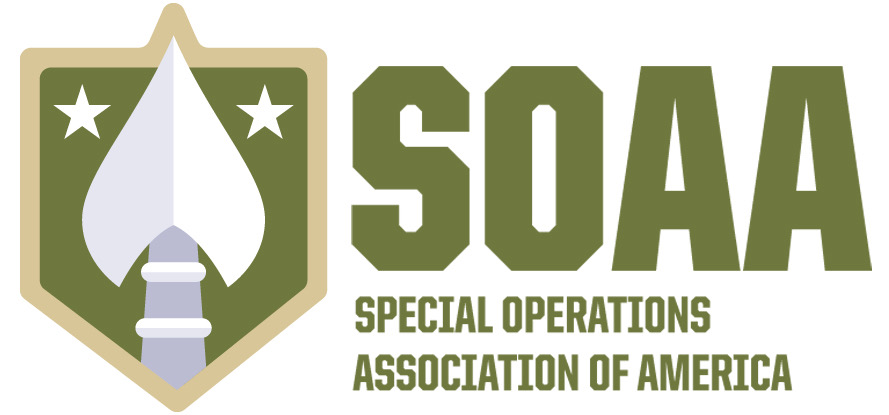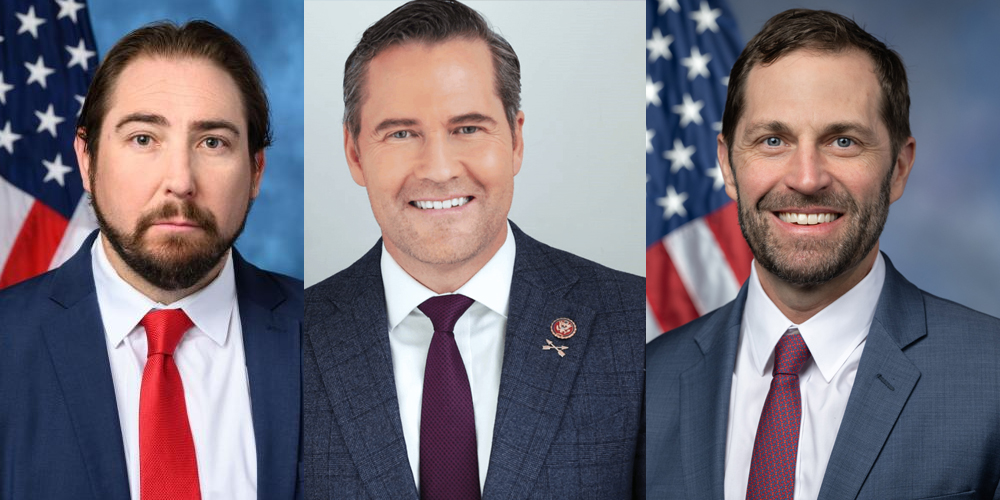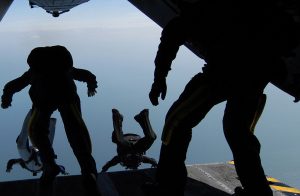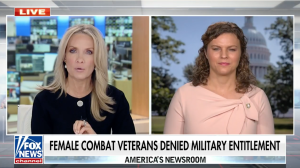The withdrawal from Afghanistan was a predictable, preventable disaster, and forced many Veterans to confront difficult questions about their service and sacrifice. Against this backdrop of uncertainty and a deeply divided home front, a new generation of Veterans is answering the call to serve again, only this time in the halls of power.
The percentage of Veterans in Congress has dropped dramatically over the decades. In 1997, Veterans comprised 37% of the Senate and 27% of the House. Today, despite recent increases in the 119th Congress, Veterans represent just 18% of the House and 20% of the Senate. This decline matters because our policies and wars are increasingly shaped by those with little firsthand experience of military realities. The Special Operations Association of America (SOAA) has been fortunate to work with Veteran legislators like Representative Eli Crane, Representative Jason Crow, and former Representative Mike Waltz in our mission to bring the Ground Truth to Congress. These partnerships demonstrate how military experience can inform effective policy-making.
The Greatest Generation’s Political Legacy
A recent WSJ article highlights how the shared combat experience of WWII veterans fostered unity in Congress during the post-war era. These legislators demonstrated an extraordinary ability to work across ideological divides, finding common ground through their shared hardships and commitment to national service. This “Greatest Generation” forged America’s path through the Cold War, establishing institutions and norms that would guide U.S. policy for decades. Their unity stemmed from a common purpose forged in combat, a purpose that correctly calibrated the existential threats they had faced together over partisan differences. Today, Veterans of Iraq and Afghanistan face different challenges than their WWII predecessors. The all-volunteer GWOT military consisted of around 3 million service members, compared to the 10 million drafted into service during WWII. This means today’s Veterans represent a smaller, more distinct segment of the population.
Unlike the post-WWII era, when military service was a shared national experience, GWOT Veterans come from a narrower demographic pool. As a result, they face a steeper climb in translating their experiences into broad political appeal. However, at SOAA, we know the Special Operations community in particular is uniquely positioned to navigate these asymmetric challenges, having faced similar dynamics as a central dynamic of their service.
Tangible Impacts Already Taking Shape
The influence of GWOT Veterans is already evident in institutional reforms. Their advocacy has transformed the Department of Veterans Affairs (VA), which set new records last year in appointments booked, claims processed, and benefits delivered. The expansion of the PACT Act ensures millions more Veterans will receive care for service-related injuries. As Washington shifts focus from counterterrorism to great power competition, Veteran lawmakers bring critical insights from hard-learned lessons overseas. Their perspective is uniquely valuable in avoiding the strategic missteps that characterized previous conflicts. As military experts have noted, those who have experienced policy failures firsthand are often the most motivated to prevent their recurrence.
Unlike the post-WWII generation, GWOT Veterans cannot take national unity for granted. Instead of inheriting cohesion, they must actively build it. This difference represents both their greatest challenge and their most significant opportunity. While WWII Veterans returned to a nation united by shared sacrifice, today’s Veterans must bridge the divides of a fractured political landscape. Their ability to translate battlefield cooperation into political collaboration may prove essential for addressing the complex challenges facing America today. Recent analysis indicates that Veterans in leadership positions often demonstrate stronger consensus-building skills than their non-veteran counterparts. This capacity for collaboration makes them particularly valuable in today’s polarized environment.
The Way Forward
The post-GWOT generation’s path to political influence will be more gradual than their WWII predecessors, but potentially just as transformative. By focusing initially on National Security and Veterans’ issues where their credibility is strongest, they can establish the foundation for broader leadership on national priorities.
As America navigates an increasingly complex global landscape, the ground-level insights of those who have served on the front lines will be invaluable. The Special Operations Association of America remains committed to supporting these Veterans as they continue their service to our nation in new capacities.
To learn more about SOAA’s work with veteran legislators or to support our mission of bringing operational expertise to policy discussions, browse our website or contact us today.





